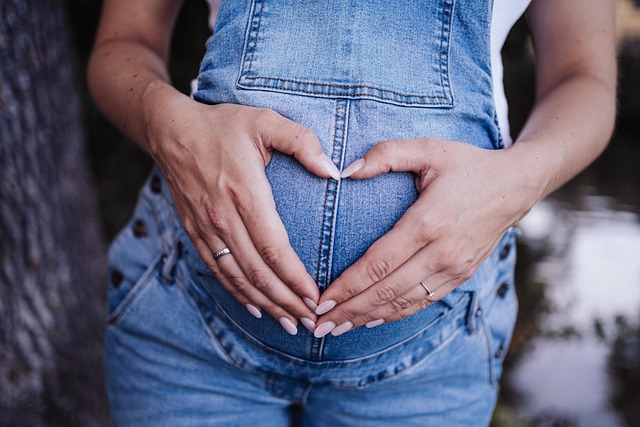Hey there! If you’re curious about ovulation tests, we’ve got you covered with some of the most frequently asked questions.
Q: Can I use an ovulation test to prevent pregnancy?
A: Nope! These tests aren’t designed for birth control.
Q: Do medications or alcohol impact the test results?
A: Generally, no. However, it’s wise to check with your doctor if you’re on any hormonal medications. Also, recent use of birth control, breastfeeding, or being pregnant can influence outcomes.
Q: Why shouldn’t I use first-morning urine for testing? What’s the best time to test?
A: First-morning urine can be too concentrated and may lead to a false positive. It’s better to test at any other time of day. For the best accuracy, try to test around the same time each day.
Q: Does drinking a lot of water affect the test results?
A: Yes, consuming too much fluid before testing can dilute the hormone in your urine. It’s a good idea to limit your liquid intake for about two hours before testing.
Q: How long will the test line remain visible?
A: For the best results, read the test at around three minutes. A positive result (indicating an LH surge) won’t disappear. However, after several hours, the line may darken or a faint line might appear due to evaporation. It’s best not to interpret results after ten minutes and discard the test once you’ve read it.
Q: After a positive result, when should we have intercourse?
A: Ovulation usually happens within 24 to 36 hours after a positive test, so this is your prime window for trying to conceive.
Q: I’m tracking my basal body temperature (BBT). Can I use the ovulation test instead?
A: You can totally use the ovulation test in place of BBT or alongside it. BBT indicates ovulation has already occurred, while the ovulation test shows when it’s about to happen.
Q: I got a positive result and had intercourse, but I’m not pregnant yet. What now?
A: There are many reasons why conception might take time. For healthy individuals, it can take several months to conceive. If you’re not pregnant after three to four months of trying, consider speaking to your doctor.
Q: I had intercourse after a positive result and think I might be pregnant. When can I test?
A: You can test with a pregnancy test as early as the first day after your missed period.
If you’re interested in more tips and insights, check out this blog post on baby essentials that can help ease some of the concerns you might have. Also, for a reliable kit, consider looking at this option that offers great products. Lastly, if you’re looking for detailed information on intrauterine insemination, Healthline has an excellent resource.
In summary, ovulation tests are a valuable tool for tracking your fertility, but they shouldn’t be relied upon for birth control. Understanding the timing and reading results correctly can enhance your chances of conceiving. Always consult with a healthcare provider if you have any concerns or questions.

